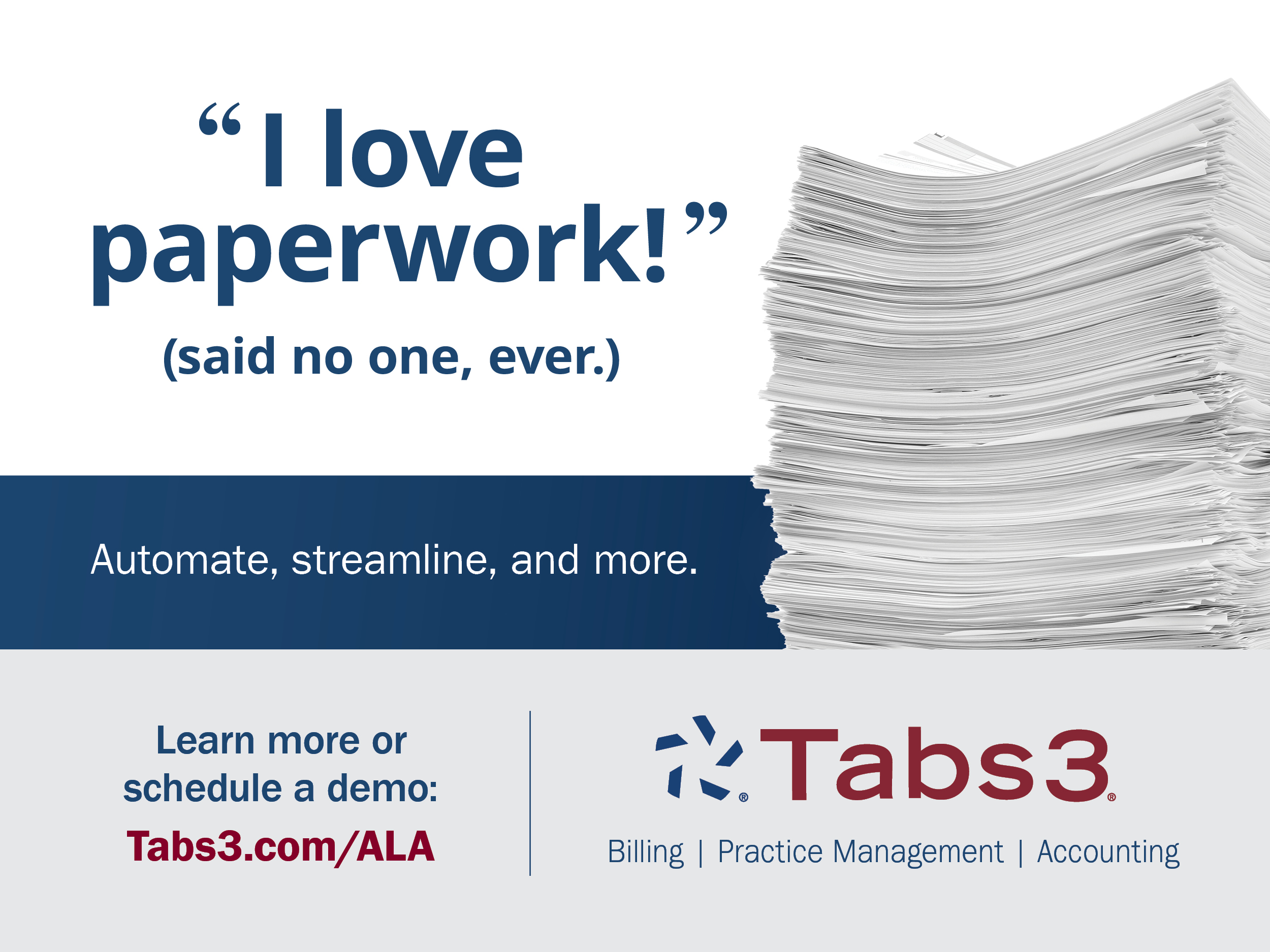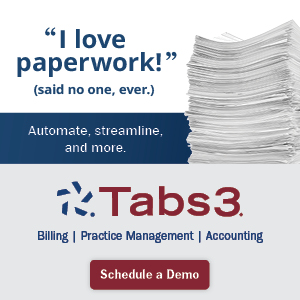While offering tech-training sessions, lunchtime lectures and other professional development options can help firms proactively prepare employees to eventually take on new positions, in the past two years, a number have scaled back on their development
efforts due to COVID-19-related budget cuts and social distancing guidelines.
As of mid-2020, 65% of firms in the United States and United Kingdom had suspended all or some of their professional development activities, according to a
survey conducted by Leadership for Lawyers and Cote Consultants. Meanwhile, 40% of law firms said they planned to use less coaching. Thomson Reuters
research found nearly half (49%) of attorneys also felt the pandemic has had a negative impact on mentorship opportunities.
Some legal industry members, though, are continuing to focus on supplying professional development to help expand employees’ skill sets — including Levenfeld Pearlstein, a 100-attorney firm whose succession plan outlines core competencies
leadership would like certain positions to possess.
“We make sure they have the appropriate training and coaching ahead of time so they’re comfortable, and we’re not just [saying], ‘OK, it’s your turn; let’s go,’” says Chief Marketing Officer Melissa Marshall.
“They’re confident and ready to step into those roles.”
INSIDE JOB
The Law Offices of Jeffery M. Leving Ltd., an approximately 20-attorney matrimonial and family law firm, holds continuing legal education dinner events. These feature a seminar almost every month for attorneys, according to Founder and President Jeffery M. Leving.
The firm sometimes includes younger attorneys on litigation teams in a second- or third-chair role, which offers them a chance to gain practical experience and helps Leving determine when attorneys might be ready to serve as lead counsel.
“Once they become lead counsel, I further evaluate them to see if they could become a mentor to lawyers,” he says. “Then, if they’re functional at a high level as a mentor, I evaluate them [in regard to] becoming a litigation director,
because litigation directors are responsible for multiple mentors.”
“In addition to helping firm members enhance their skillset and overall job performance, law firms that provide professional development could potentially notice its effect ends up rippling through another crucial area of operations: employee engagement.”
One of Texas personal injury firm Hilley and Solis’ central internal and external hiring principles comes from a book founders Carlos Solis and Derek Hilley read about a steel company that built plants in farming-based towns instead of traditional
steel-making areas. Solis says the company’s owner felt teaching a farmer to make steel was easier than teaching a farmer’s work habits to a steelmaker.
“That kind of stuck with Derek and myself throughout the years,” he says. “We look for farmers.”
When the firm hires one, Solis and Hilley try to facilitate the employee’s growth through various types of training.
The COVID-19 pandemic, for example, prompted the firm to undertake cross-training efforts, Hilley says, so employees could fill in for key job functions if someone needed to miss work.
“We’ve done it in a multitude of ways,” he says. “We brought in outside people to help train — professionals from the industry; we’ve done cross-training through team members and also job [shadowing].”
Cross-training, Solis says, is something the firm might turn to if employees are receptive to leadership’s suggestion that they may be a good fit for another role.
“We want to have pretty open and transparent conversations about where we may see them heading — if we, for example, have a receptionist who may have some talents that could be developed into case management,” he says. “We’ve
had employees say, ‘Thank you, but I’m wonderful where I’m at’ — and that's completely OK. We’ve had other team members that say, ‘Absolutely; what can I do?’”
OUTSIDE ASSISTANCE
Levenfeld Pearlstein also uses numerous external development resources to help employees add and strengthen proficiencies, according to Chairman and Managing Partner Rob Romanoff.
Firm and attorney group leaders are encouraged to participate in professional development groups. Plus, Levenfeld Pearlstein provides professional coaching opportunities, Romanoff says — typically one-on-one sessions that involve specific areas
where individuals need skill development.
“Let’s say we’ve got a professional who’s really exceptional, but they need to develop their communication skills,” Romanoff says. “There might have been a time in some law firms where, if someone were asked to work
with a coach, it was seen as perhaps addressing a deficiency. We wanted to move it to a point where someone says, ‘I want to raise my hand; I’d like to work with a coach; I want to expand my skill set.’”
External coaching providers, according to Romanoff, don’t necessarily have to be legal industry-specific to be effective; the coach he has met with for roughly a decade generally is retained by C-level executives in various industries.
“Cross-training … is something the firm might turn to if employees are receptive to leadership’s suggestion that they may be a good fit for another role.”
“I don’t believe he works with any other lawyers,” Romanoff says. “There’s technical skill development that he’s aided me in, both around communication and strategy, but also in just leadership coaching. It’s
valuable to me to have somebody outside my organization as one of my strategic advisers and coaches, because I’m able to speak with him about issues I may face in my office in a way that I could not discuss with other people internally in the
firm.”
Published materials may be able to provide guidance on some topics. For example, a Hilley & Solis employee who recently wanted to improve her negotiation skills found audiobooks on the topic helpful, according to Solis.
“We also like to bring in team members when we’re going to have high-level discussions with either opposing counsel or insurance companies,” he says. “We certainly disclose to the parties, ‘Hey, we have somebody here that’s
learning; they want to listen in’ — and they get to be a fly on the wall while we do a little bit of work.”
FOSTERING EMPLOYEE ADVANCEMENT
In billable hour environments, convincing attorneys — and potentially hourly employees — to dedicate time to professional development can be challenging. In response, Levenfeld Pearlstein created a separate time-tracking category that firm members’ professional development-related efforts can be listed under.
“If we call it nonbillable time, everyone thinks, ‘I'm not getting credit for it; it’s taking away from my billable time,’” Romanoff says. “We have an investment category. That might be viewed by many people as mere
semantics, but it’s really driving at that cultural imperative for personal growth.”
At the beginning of the year, Levenfeld Pearlstein employees create a personal plan that includes information about how they’ll use their investment time. The firm later reviews their progress.
“At the end of the year, we’re all held accountable for whether we really put that effort forth,” Romanoff says. “We don’t operate on a formula, in terms of our compensation; it’s not, you completed these three tasks,
therefore you get another $750 or $7,500. But the compensation process includes a review of skill development, professional development, as well as the person’s specific job responsibilities. So it is a factor in compensation decisions.”
In addition to helping firm members enhance their skillset and overall job performance, law firms that provide professional development could potentially notice its effect ends up rippling through another crucial area of operations: employee engagement.
“If you bring people in and train them, and they work their way up the corporate ladder, that usually works better than bringing someone in who’s unfamiliar with the culture,” Leving says. “It also benefits retention, because it
communicates to other people that there’s an opportunity to grow here. If you get somebody who’s really talented and they don’t think there’s an ability to grow, they usually look to leave because they want more responsibilities
— and they want a future.”
Firms, too, want futures that are filled with highly qualified employees. The professional development opportunities they offer can potentially help them achieve it.
“It’s made a material change in our retention rate,” Romanoff says. “Beyond retention, it’s aided in our recruiting. We’re seen — in Chicago at the very least — as a leader in these areas. Our commitment
to professional growth creates a compelling vision for people to buy into. We have a number of people who worked at other firms, in what those firms believed were administrative roles — but they came to [Levenfeld Pearlstein] to enhance their
skill set.”


